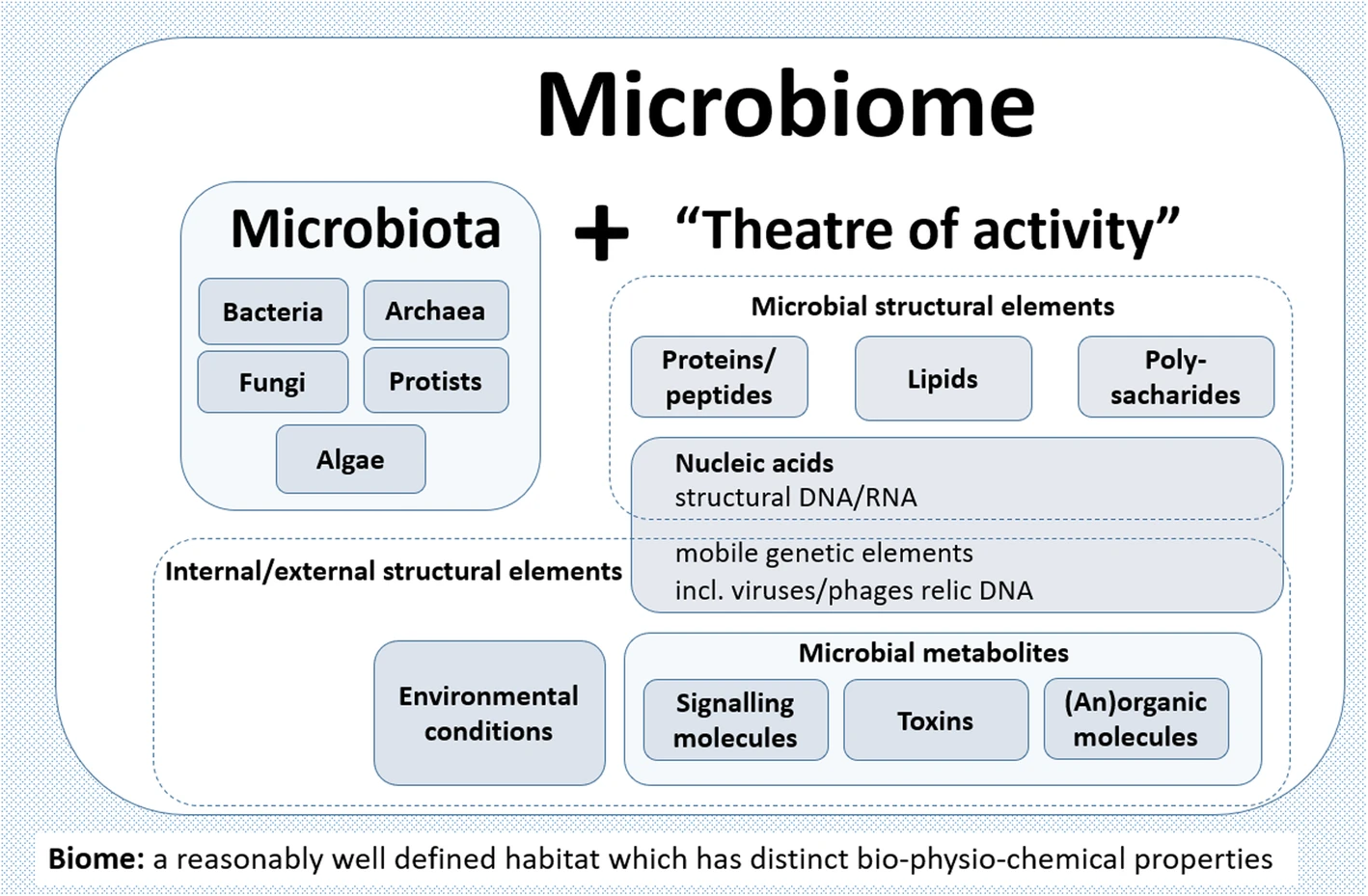Resources
Research focus of The Oladokun Lab
Advancing Poultry Health Through Cutting-edge Microbiome Research



Credit: Gabriele Berg, Daria Rybakova, et al. “Microbiome definition re-visited: old concepts and new challenges.” Microbiome 8, Article 103 (2020). https://doi.org/10.1186/s40168-020-00875-0
Our Focus includes:
Nutri-immunomodulation and Gut Health
This research goal focuses on understanding host-microbe interactions in the gut and their influence on microbiome homeostasis, as well as the onset and resolution of intestinal diseases. Enteric diseases such as Coccidiosis, Necrotic Enteritis, Salmonellosis, and Avian Influenza are addressed by exploring the functional properties of bioactive substances, including prebiotics, organic acids, yeast cell wall extracts, fruit by-products, essential oils, and immunomodulators across various poultry species—broilers, broiler breeder pullets, laying hens, and turkeys. Additionally, the role of in ovo and neonatal nutrition on poultry microbiome development and epigenetic responses is evaluated, alongside the development of next-generation precision biotics.
Respiratory and gut microbiome and effects on host-pathogen pathobiology
Evidence of systemic microbial communication between the respiratory tract and gut has been established in human studies. However, this inter-microbial communication remains relatively unexplored in animals, particularly concerning economically significant poultry diseases such as Fowl Cholera and Infectious Coryza. Understanding this relationship could inform effective infection prevention strategies.
Environmental Microbiomics
This research goal investigates the connection between host-microbiome interactions and resilience to environmental stressors. Insights gained will elucidate factors influencing the selection and spread of poultry diseases and environmental antibiotic resistance genes under stress conditions.
Avian diagnostics tools and biomarkers
Stressors (both pathogenic and environmental) modify intestinal microbiota community structure and activity. Correlating unique gut microbiota signatures with specific stressors is crucial, with validated signatures potentially offering significant insights.
